White Collar Crime
Harclerode Law:
White Collar Crime Attorneys
Defending Clients in All of West Virginia
White-collar crimes, often referred to as financial crimes, encompass a wide range of offenses primarily related to money and property. These crimes typically involve the illegal acquisition of funds or assets through deceitful means, ranging from minor thefts to large-scale fraud schemes affecting numerous victims across multiple states.
What unites these offenses is the element of deceit or breach of trust. They are often perpetrated by individuals in positions of responsibility, such as accountants, investment advisors, CEOs, and others with access to sensitive financial information. Although they are generally non-violent, the consequences can be just as severe as those associated with violent crimes, making competent legal representation essential.
If you are facing accusations of any white-collar crime at the state or federal level, your future may be at risk. You could be subjected to intense investigations by law enforcement agencies, which often handle complex cases involving intricate legal, regulatory, and technological issues. It is crucial to have an experienced attorney on your side.
At Harclerode Law, our Clarksburg white-collar crime lawyers possess the specialized knowledge and extensive experience necessary to protect your rights throughout every phase of your case. We understand the complexities involved in investigating and analyzing these matters on your behalf. Our firm collaborates with trusted investigators and forensic experts to build a strong defense.
We are always prepared to fight for the best possible outcome in your case.
Connect with us at (304) 931-0479 or submit your request via our Contact Page for a free case review with one of our attorneys today.
White Collar Crime Cases in West Virginia
Common types of white-collar crime may include, but are not limited to:
- Embezzlement: Misappropriating funds entrusted to your care.
- Fraud: Deceiving individuals or organizations for personal or financial gain, affecting persons, groups, businesses, or government entities.
- Cybercrime: Utilizing technology to carry out fraudulent activities.
- Identity Theft: Illegally using another person’s personal information for financial gain.
- Insider Trading: Buying or selling stocks based on non-public material information.
- Petty Cash Theft: Stealing small amounts from a business’s petty cash fund, designated for minor expenses.
- Money Laundering: Concealing the illegal origins of funds through complex banking maneuvers.
- Ponzi Schemes: A fraudulent investment scam that promises high returns with little risk, paying older investors with money from new investors.
In West Virginia, many white-collar crimes are classified as felonies, resulting in more severe penalties than misdemeanors. Penalties vary based on the crime’s nature and severity and may include substantial fines, restitution to victims, probation, and even imprisonment.
Federal White Collar Crimes
At the federal level, white-collar crimes can be prosecuted under various laws, including the Sarbanes-Oxley Act for corporate fraud, the Computer Fraud and Abuse Act for cybercrimes, and the Identity Theft and Assumption Deterrence Act for identity theft. Federal penalties can be even harsher than state penalties, often involving longer prison sentences and larger fines.
The FBI is dedicated to investigating and prosecuting white-collar crimes, sometimes spending years on cases involving fraud and related offenses. Their specialized program focuses on analyzing intelligence and addressing complex cases, often linked to organized crime. The FBI collaborates closely with other law enforcement agencies and regulatory bodies to identify and prosecute these crimes effectively.
Contact Harclerode Law today to schedule a consultation with our white collar crime lawyer.
